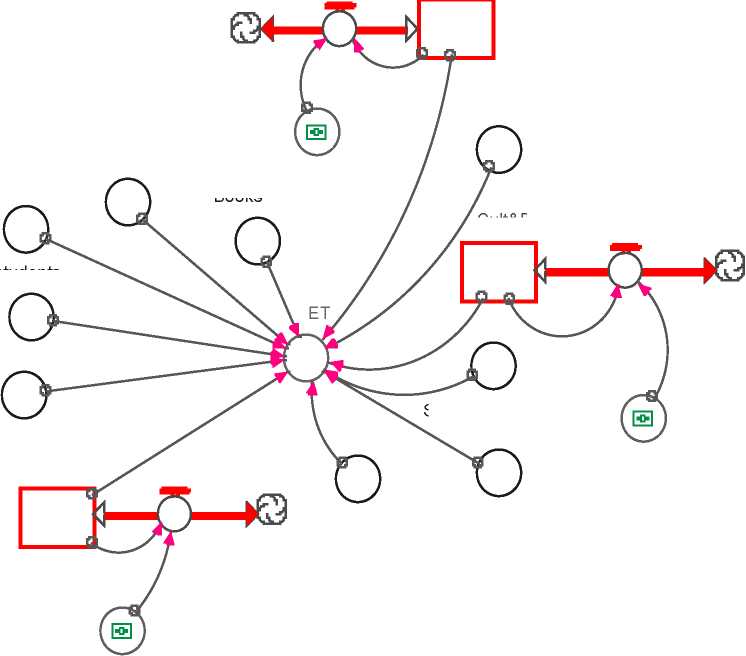Annex I - Education and Training
Education and training are important conditions for increasing the individuals’ control over
the reality they live and for improving their self-esteem. The commodities that signify the
functioning Education and Training are School Teachers, Cultural and Recreational Expenses
and Training.
Figure I.I - Education and Training
Non repeating students
School Teachers
Flux ST
Social deterioration
Flux CRE
Juvenil delinquency
R&D
Training

Family with PC
Growth CRE
Students vs teachers
Firm birthrate
Growth T
Growth ST
Books
Flux T
Cult&Ric Expenses
School enrollment
School Teachers
The indicator School Teachers is the number of total school teachers, year 1998-99 (source:
elaboration from ASRL, tables, 24.05.02.03, 24.05.03.01, 24.05.04.02). This indicator is a proxy
of education and a determinant of well-being. It is corrected by the following conversion factors.
• Books (family I): people over 6 who have read at least a book in the last 12 months,
year 2000 (source: ASRL, table 31.02.02). The books are supposed to favor
education.
• Family with PC (family III): number of families owning a PC, year 2000 (source:
ASRL, table 57.01.09). This indicator favors the conversion of School Teacher.
• Non repeating students (family I): percentage of non-repeating students, year 1998-
99 (source: Istat, Indagine scuola secondaria 2002). This personal conversion factor
is supposed to favor education.
• School enrollment (family 3): high school enrollment rate, year 1997 (source: Istat,
Demos-Sistema di indicatori sociali39, table 13). This indicator favors the conversion
of School Teachers.
39 Internet: http://www.istat.it/Primpag/demos/demos.htm
31
More intriguing information
1. PROFITABILITY OF ALFALFA HAY STORAGE USING PROBABILITIES: AN EXTENSION APPROACH2. DEMAND FOR MEAT AND FISH PRODUCTS IN KOREA
3. New issues in Indian macro policy.
4. The name is absent
5. The name is absent
6. Sex differences in the structure and stability of children’s playground social networks and their overlap with friendship relations
7. Does Presenting Patients’ BMI Increase Documentation of Obesity?
8. Confusion and Reinforcement Learning in Experimental Public Goods Games
9. Estimating the Impact of Medication on Diabetics' Diet and Lifestyle Choices
10. Non-farm businesses local economic integration level: the case of six Portuguese small and medium-sized Markettowns• - a sector approach